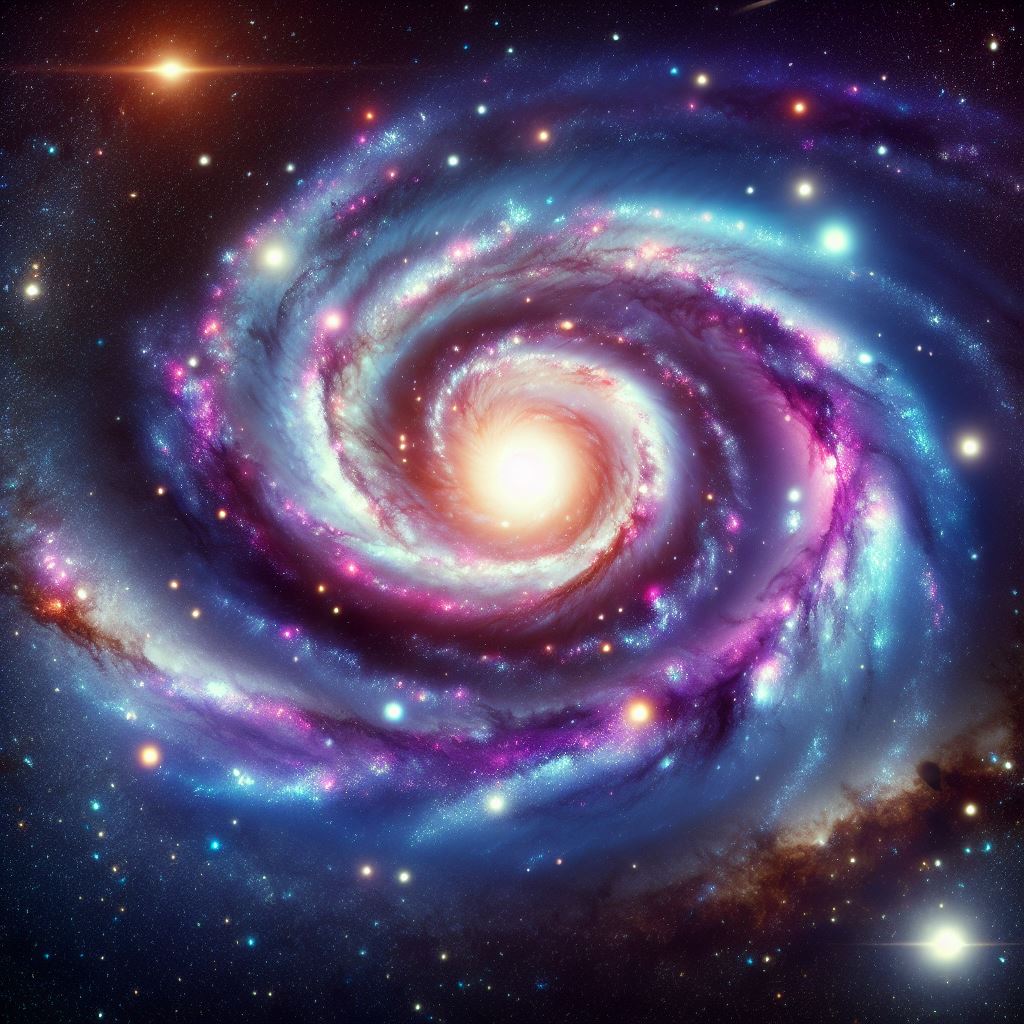
A team of astronomers has detected oxygen in the most distant galaxy ever discovered, JADES-GS-z14-0, which existed when the universe was still very young. Its light has travelled for 13.4 billion years before reaching us, offering an extraordinary window into the early stages of galactic formation.
The discovery, published in Astronomy and Astrophysics and forthcoming in The Astrophysical Journal, is the result of the work of two international research groups. The first, led by the Italian Stefano Carniani of the Scuola Normale Superiore in Pisa, and the second, led by the Netherlands, with Sander Schouws of Leiden University, used the powerful radio telescope ALMA (Atacama Large Millimetre/submillimetre Array) to unravel a cosmic mystery.
A surprisingly mature galaxy in the early universe
“These results have opened up a new perspective on the evolution of galaxies,” says Carniani. “Discovering such an evolved galaxy in such a remote era is like finding a teenager in a nursery full of babies. This means that its formation took place much more quickly than we thought.”
Newborn galaxies mainly contain hydrogen and helium, while heavier elements such as oxygen form over time. However, JADES-GS-z14-0 has 10 times more oxygen than predicted, suggesting that its evolution has been incredibly rapid.
Ultra-precise measurements and new challenges for cosmology
Thanks to the data collected by ALMA, researchers measured the distance to the galaxy with unprecedented accuracy, reducing the uncertainty to only 5 centimetres per kilometre. This level of precision allows us to better understand the growth and evolution of the first galaxies in the universe.
“This discovery poses a major challenge to cosmological models,” he emphasises. Andrea Ferrara, coordinator of the Cosmology group at the Normale di Pisa. “We now have a new benchmark for supercomputer simulations studying the early universe.”
This groundbreaking research could rewrite what we know about the birth of the first galaxies, opening up new avenues for understanding the universe in its earliest moments.